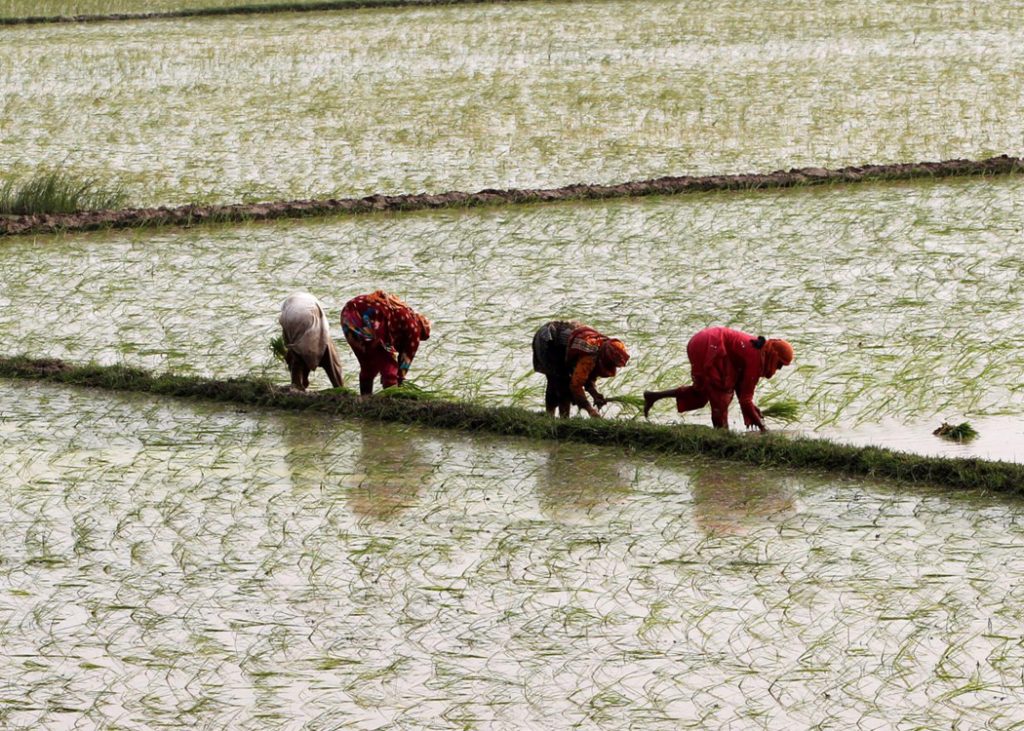
AVN Report
ISLAMABAD: Government officials and agricultural experts have said that recent monsoon rains are expected to improve soil moisture and water resources for major crops including paddy, maize, sugarcane, and fodder.
Besides highlighting the positive effect of the recent rains in the country, a Ministry of National Food Security and Research (MNFS&R) senior official also warned of the risk of flooding because of the monsoon rains.
He says that the recent rains may help achieve the government’s targets for the Kharif season, adding that it is eyeing production targets of 10.8 million bales for cotton, 8.7 million tons of rice, 76.7 million tons of sugarcane, and 9.3 million tons of maize.
On the other hand, farmers also express their apprehensions.
The Pakistan Kissan Ittehad (PKI) head Khalid Khokhar highlighted issues like heatwaves affecting vegetable production, rising costs, high electricity tariffs, and wheat procurement difficulties, warning that these factors could lead to a 50pc decline in wheat cultivation next year.
He added that the tractor sales have stalled, adding to the sector’s woes.
However, Pakistan AgriForum head Ibrahim Mughal expresses optimism, saying the rains are likely to boost the yield and quality of paddy, maize, sugarcane, and fruits, besides boosting the dry fruit production.
Meanwhile, the Pakistan Agriculture Research Council (PARC) chairman Dr. Ghulam Muhammad Ali sees a mixed impact of rains on crops, saying that adequate moisture is vital for seed germination and crop health. He, however, warned of potential flooding likely to be caused by the heavy downpours.
He says that the high input costs are threatening the profitability of the sector, mentioning the sharp increase in fertilizer prices, as urea is available at Rs4,600 per 50kg and DAP at Rs13,000 per 50kg.
Similarly, climate change, causing delayed snowfall and heatwaves, could further disrupt agriculture, affecting the production of mangoes and dates.
These factors could lead to increased rural unemployment and economic challenges in urban areas as agriculture supports nearly 44pc of rural employment could.
These issues could be resolved to a great extent by employing smart agricultural practices and making investment in research.





